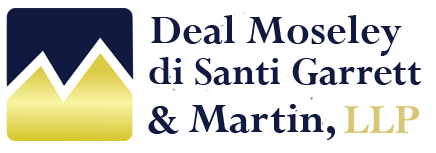A will is often the most important document in someone’s estate plan. It serves the crucial role of explaining someone’s wishes regarding their property and possibly also designating guardians to take care of their children. Someone’s will outlines their last wishes and helps guide the distribution of their property after they die.
North Carolina law establishes very specific standards that wills need to meet if someone wants the courts to uphold their testamentary documents. People generally need to be at least 18 years old to draft a will and must have testamentary capacity. Provided that they meet those two requirements, they can put together a will to explain their intentions for their legacy. However, the will itself will also need to conform to state law. There are two main types of wills recognized in North Carolina statutes. People can either create attested wills or holographic wills. There are different requirements for each type.
What is a holographic will?
A holographic will is a document that someone has written for themselves in their own handwriting and then signed. A holographic will is considered the most authoritative testamentary document by many, although fully handwritten wills have become less common.
What is an attested will?
An attested will is a document potentially written out or typed by others. People may create an attested will because they want to partner with a lawyer or because they are too ill to hand-write and sign a holographic will themselves. When someone other than the testator rights or types the will, the testator will need to sign the attested will. It will also be necessary to have two adult witnesses sign the will attesting to the validity and accuracy of the document.
State law does occasionally allow for the use of oral wills when someone is incapable of drafting a document or signing one, provided that there are witnesses present at the time of someone’s statements comprising their oral will.
Most people will create an attested will with the help of a professional, as doing so helps to ensure its validity. Learning about the rules that apply to testamentary documents can help people plan to create effective and enforceable wills that meet their needs and properly reflect their wishes and interests.


